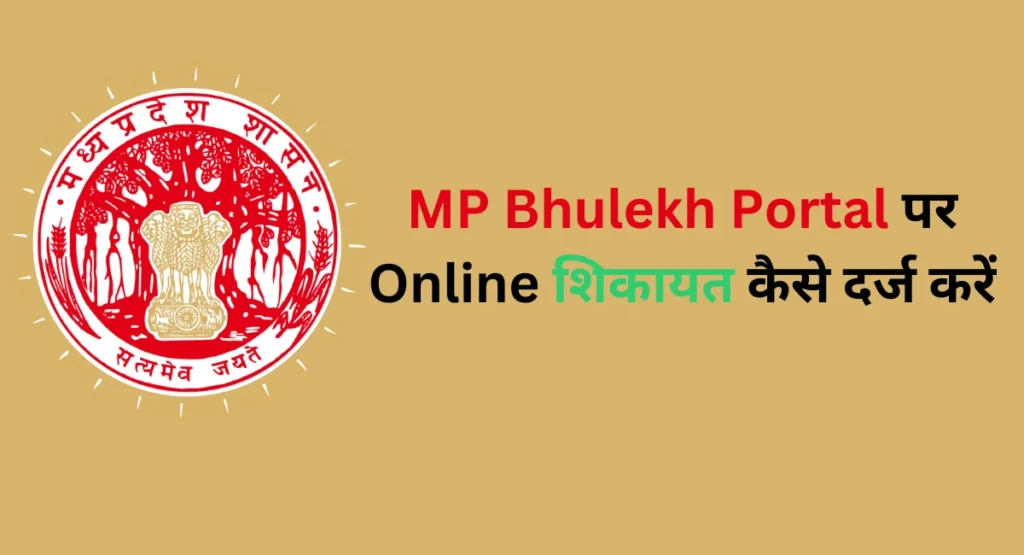Finding someone with a chainsaw and a truck might seem like the easiest way to hire a tree service. Not so fast. Working with trees is risky, and mistakes can happen quickly.
There is a lot of liability involved in what may appear to be a straightforward task, whether it involves a falling limb, a damaged fence, or an injury. Tree service insurance can help with that.
Protecting the homeowner from unforeseen headaches, bills, and legal messes is just as important as protecting the tree company itself. You must be certain that someone is covered if they bring chainsaws and climbing equipment onto your property.
Protects You from Liability If Something Goes Wrong
Chainsaws, climbing, large machinery, and erratic trees are all common in tree care. This indicates that there is a genuine risk to both people and property.
- You might be held accountable if someone is injured on your property: A worker hurt on the job might sue you for damages if the business isn’t properly insured. By helping to pay for medical expenses, workers’ compensation insurance keeps you out of legal hot water.
- Property damage caused by the crew may not be covered under your homeowner’s policy: You want to be sure that the tree company’s liability insurance, not your own, will pay if a falling branch crushes your car or shed.
- Tree work is excluded from some general liability policies. Not all handyman or landscaping services are adequately covered for dangerous tree removal. Request evidence of specific tree care insurance rather than general coverage.
Proves the Company Is Legit and Professional
When a contractor takes insurance seriously, they typically take the job seriously as well. One of the first indications that you’re working with a trustworthy person is insurance.
- A valid certificate of insurance is a green flag: Reputable businesses are pleased to offer evidence of coverage. It’s a red flag if they hesitate or can’t provide it.
- Proper insurance usually means they follow safety protocols: Insured tree services typically train their crews, inspect their equipment, and adhere to safety protocols because insurance companies don’t want clients who pose a risk.
- Licensed and insured often go hand in hand: A company that has both is more likely to adhere to state and local regulations, giving you an additional degree of security.
Covers More Than Just Obvious Accidents
Insurance for tree services isn’t limited to major catastrophes. It covers a wide range of common, minor problems that can quickly become bigger ones.
- Debris that damages neighboring property is often included. Insurance can take care of claims if a tree falls on a neighbor’s garden, yard, or fence rather than entangling you in a neighborly argument.
- Vehicle damage during work is a covered risk with the right policy. Heavy trucks and trailers are frequently used by crews. Their insurance, not your pocketbook, should be responsible if someone strikes your driveway gate or breaks your walkway.
- Tree-related injuries to pets or passersby can also be covered. Things can get messy if a dog or a bystander is hurt by a falling limb. Coverage can help you and the business avoid financial and legal repercussions.
Helps You Avoid Scams or Fly-by-Night Crews
Let’s face it, anyone with a pickup truck and a chainsaw can claim to be an expert in the tree service industry. Insurance makes it easier to distinguish between the true professionals and the amateurs.
- Uninsured crews often offer the lowest prices, but for a reason: In order to underbid legitimate businesses, they skimp on safety, coverage, and training. If something goes wrong, that discount quickly vanishes.
- Scammers usually disappear when asked for proof of insurance: It’s one of the simplest methods to weed out those who aren’t providing genuine services and are only interested in making quick money.
- Good companies keep their policies up to date and accessible: A tree service’s insurance records are typically current and simple to confirm if it is conducting business ethically.
While it may not be your first consideration when hiring someone to prune or remove a tree, tree service insurance ought to be near the top of your list. Being aware, secure, and covered is more important than avoiding accidents alone.
Request evidence. Examine the certificate. Verify that the coverage corresponds to the work being done. You want to be protected from beginning to end when working with chainsaws, heights, and falling limbs.
For more information about tree care and tree service in the Jacksonville, NC area, contact Jeff with Parker Tree Service at 910-208-6045.


